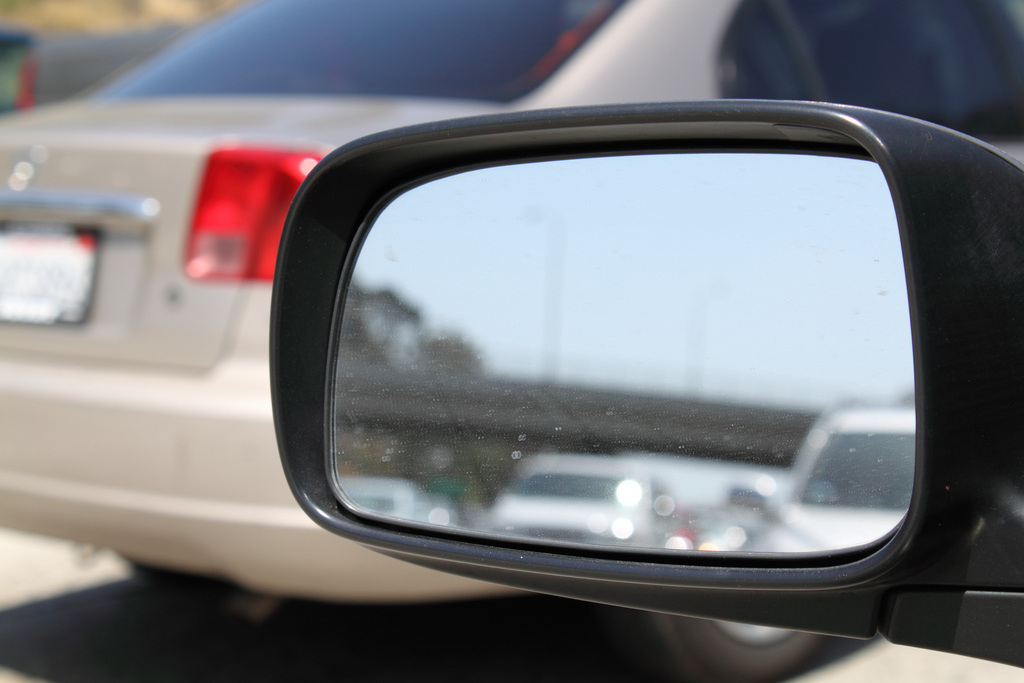| Earlier this week I wrote about the best ways to tackle air pollution during Utah’s frequent winter temperature inversions. My suggestion was to charge variable tolls on all lanes of all Wasatch Front freeways, and to use this in place of traditional gas taxes, which I suggested should be repealed. Now, Utah Rep. Jon Cox, R-Ephraim, has said he intends to sponsor a bill to begin to make this happen, at least during inversion days. |
| | In a phone interview this week, he told me his bill, which has yet to have a file number but is tentatively titled, “Federal toll waiver,” would merely direct the Utah Department of Transportation to seek a waiver from Washington to allow I-15 to be tolled. “This is the place to start,” he said. “First we request the waiver and establish broad guidelines, then we can get into the weeds.” The “weeds” have to do with details as to how to extract tolls, how to deal with out-of-state traffic or in-state traffic from off the Wasatch Front and how to define a temperature inversion, among other things. But because the Interstate system is federally funded, the state can do nothing in regards to establishing tolls without a federal waiver. Cox said he believes Utah stands a good chance of obtaining such a waiver, given the unique circumstances of Utah’s temperature inversions caused by high pressure systems and the state’s bowl-shaped northern valleys. In recent years, inversions have led to the Salt Lake area being ranked as among the most polluted cities in the nation. Under the plan I proposed, all Wasatch Front freeways would be tolled at levels that depend on traffic and pollution conditions. The more congested the traffic, or the worse the air quality, the higher the toll. I didn’t invent the idea. Experts and economists have been promoting it for years. Putting a price on congestion would give drivers a strong incentive to drive during off-peak hours, or to carpool or seek other less-costly alternatives. The reduction in congestion would result in less air pollution, to which automobiles are the largest contributor. The plan already is in place in London and other foreign cities and is being considered in others. Utah already uses variable tolls in carpool lanes, but that isn’t enough to make a difference. Cox said he envisions a plan that would exempt carpools and clean-air vehicles from the tolls. While he supports imposing variable tolls on all freeways, he believes doing it only on I-15, the main corridor through the Salt Lake Valley, would be a good start that might be more politically palatable. He also believes in the other side of the equation – eliminating gas taxes. “If I were king for a day, I would absolutely do that,” he said. However, attempting that now would be too ambitious for an idea he feels should be done in stages. Cox admits his bill faces an uphill climb. “I would in no way convey that I have the support of my colleagues on this,” he said. Still, he deserves a lot of credit for beginning to establish a beachhead for an effective solution, and I don’t say that just because he acknowledged being somewhat influenced by what I have written on the subject through the years. People don’t respond well when governments try to impose behavioral changes, such as through mandatory odd-even driving days or through higher gas taxes. Congestion pricing is a market-driven solution that gives people real choices, and that attaches user fees that account in some way for actual costs. Traffic congestion does impose real costs on communities through lost time, a slower pace of commerce and trade, and pollution that leads to health problems. You pay these costs whether or not you realize it. This plan would give you real ways to reduce them. |


 RSS Feed
RSS Feed

